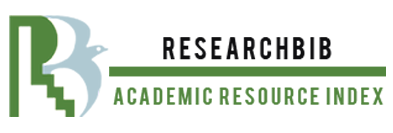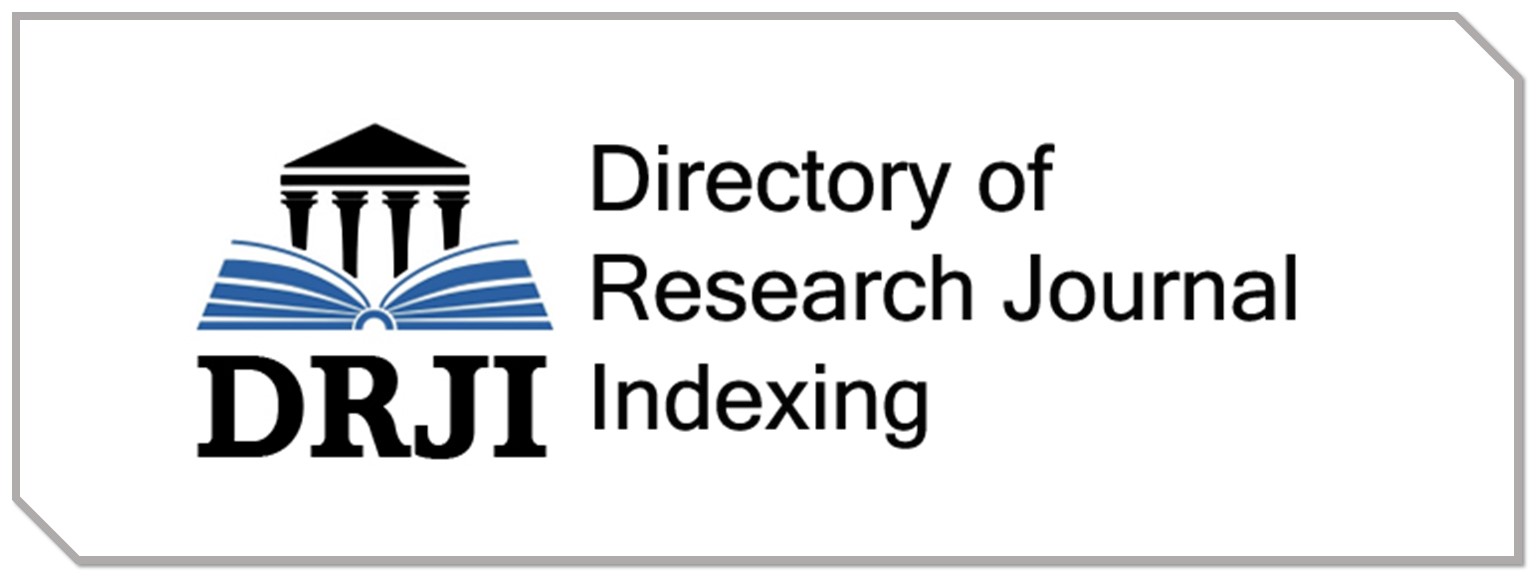Effects of Discussion Method and Lecture Method on Students’ Academic Achievement in Social Studies in Akwa Ibom State
Keywords:
Discussion Method, Lecture Method, Students’ Academic Achievement, Social StudiesAbstract
The main purpose of this study was to examine the effects of discussion method and lecture method on students’ academic achievement in social studies in Akwa Ibom State. Qausi experimental of 2 X 3 factorial designs was adopted for the study. The study was conducted in Akwa Ibom State. The target population for this study was all the Junior Secondary two (JS2) Social Studies students in all the public secondary schools in Akwa Ibom State. A two-stage sampling technique was used to select 150 students from a centrally located secondary school in Akwa Ibom State. It was the use of intact classes drawn from the 3 arms of JS2 class from the selected secondary school centrally located. Each of the 3 arms of the JSS 2 class used for the study had 50 students. This gave a total of 150 participants in the study. The Main Instrument used in this study was a questionnaire titled “SOCIAL STUDIES ACHIEVEMENT TEST QUESTIONNAIRE (SOSAT)”. In order to ascertain the validity of the instrument the social studies achievement test (SOSAT) were given to experts in Social Studies, Abia State University, Uturu and the researchers Supervisors to screen for face and content validity. The instruments were again re-administered on the same group of students, and the scores generated on the first and the second administration of the instruments were subjected to analysis using Independent t-test statistics. The reliability coefficient or index was 0.89 for SOSAT. With these indices, the instruments were considered valid reliable, and capable of measuring the intended events with consistency. Analysis of Covariance (ANCOVA) was used to test the hypotheses at 0.05 level of significance. The study also concluded that discussion and lecture method is important as a learning process because it is a way of considering various facets of a problem and also because it lays the ground work for many discussion situations in which young people and adult are constantly taking part. One of the recommendations made in the study was that considering the role of Social Studies in the life of learners, the school system, the Nigerian society and the world at large, it is therefore imperative that secondary school students should be well grounded in the discipline for Nigeria to attain the state of national development it desires and to rank favourably among the committee of nations.











